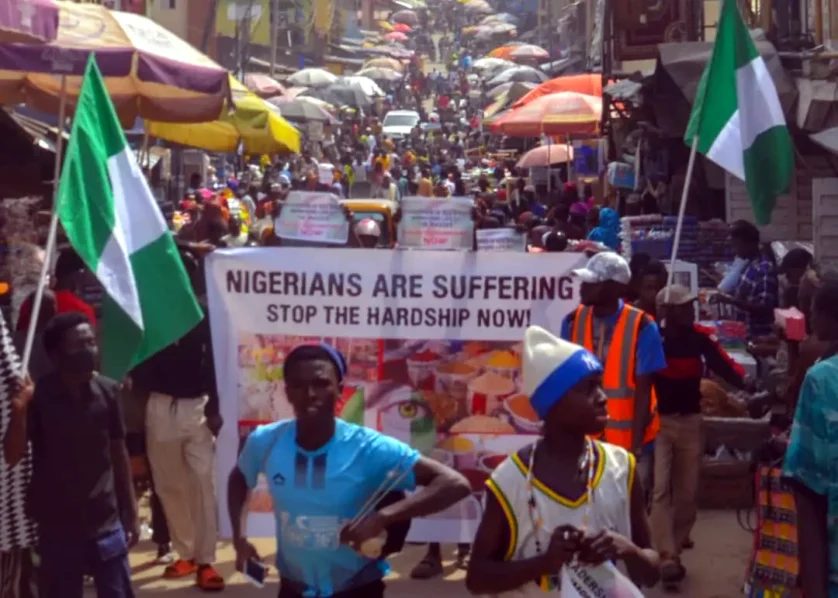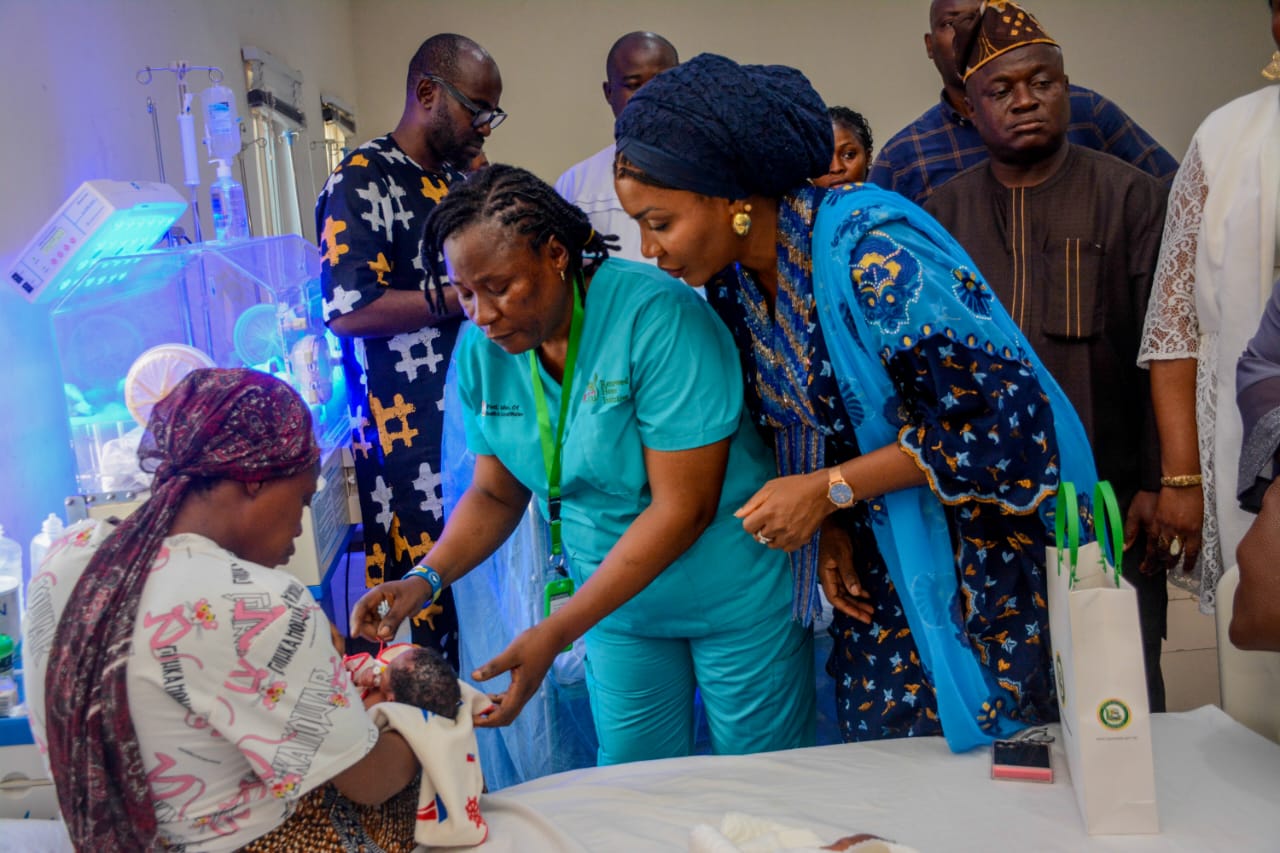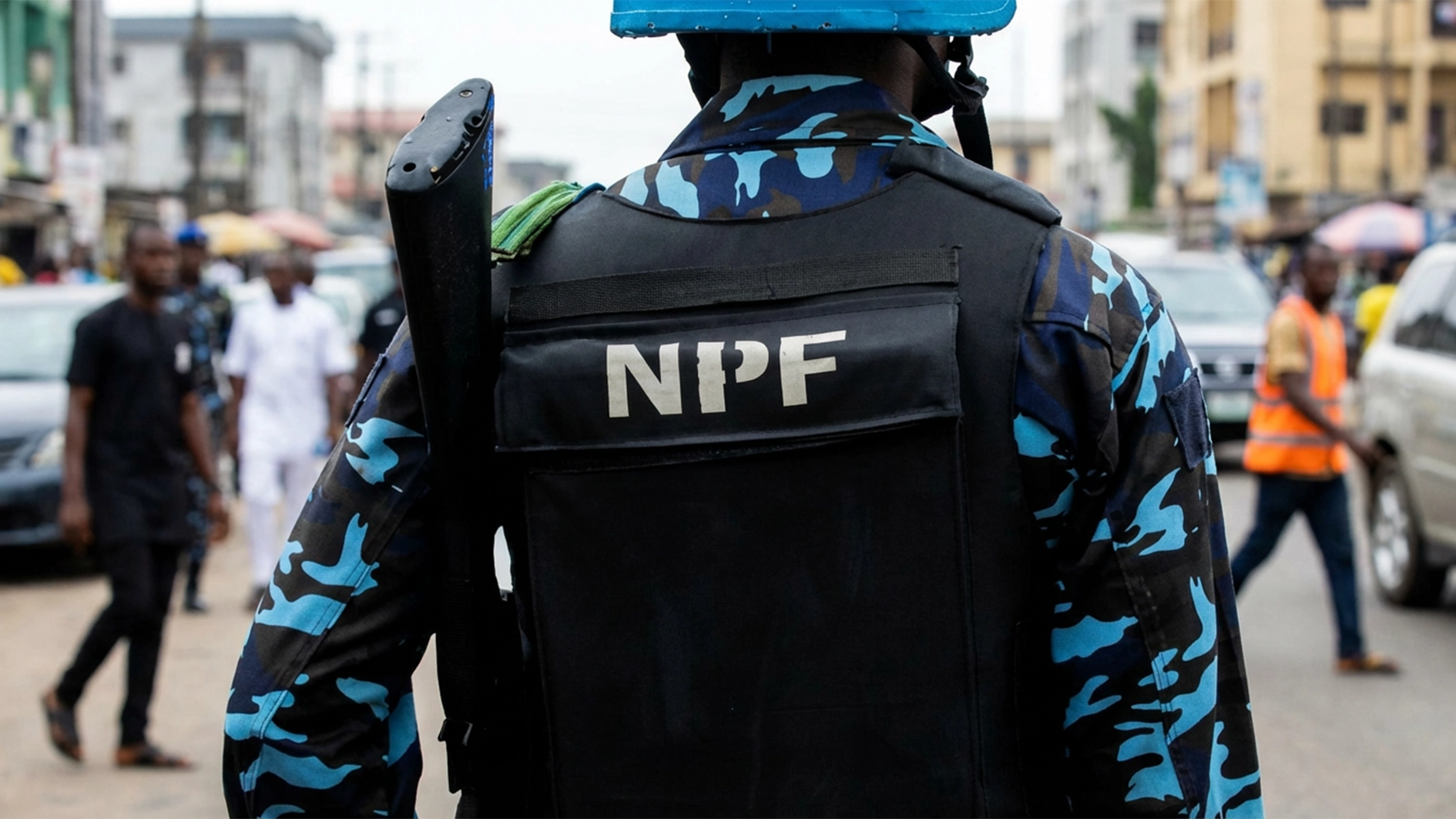
Palpable tension has enveloped major cities in Nigeria ahead of the planned nationwide protest. Slated from August 1 to 10, 2024, the protest dubbed ‘EndBadGovernanceInNigeria’, has garnered significant attention on social media.
Also tagged ‘hardship/hunger protest’, proponents say it is aimed at expressing citizens’ grievances with the state of the country, including economic hardship occasioned by fuel subsidy removal, hunger, bad governance, inflation and corruption.
Although, the organisers are not clearly identified, several individuals and groups have endorsed the movement including rights activist and convener of Concerned Nigerians, Deji Adeyanju; social commentator and activist, Aisha Yesufu; politician and human rights activist, Omoyele Sowore; Take It Back Movement (TIB) among others.
READ ALSO: Arik Air kicks as NAMA grounds aircraft over $2.5m debt
The organisers and the Minister of the Federal Capital Territory (FCT), Nyesom Wike seem to be at loggerheads. While the latter has banned protest in Abuja, the former through the Take It Back Movement has requested the Minister to grant them the use of Eagle Square for the ’10 days of rage’.
While the Federal Government has expressed willingness to engage in dialogue with the leaders and organisers of the protest, security agencies have expressed concerns about the potential for violence and warned against hijacking the protest, while also urging stakeholders to stop those with “undesirable objectives.”
The Guardian reports that protests have more than doubled in the past five years in Africa, with at least 12 governments facing increased citizen pressure due to the cost of living crisis.
Also, data obtained from Verisk Maplecroft, a global risk intelligence company, revealed that 36 African countries saw an uptick at risk of civil unrest between 2022-Q2 and 2023-Q2.
Here are 12 things you need to know about the #Endbadgovernance protest:
1. Nigeria may join Kenya, Morocco, and Uganda in experiencing protests in Africa in 2024 if the planned demonstrations take place.
2. The upcoming protest will be the third major nationwide demonstration in over a decade, following Occupy Nigeria (2012) and #EndSARS (2020).
3. Notable Nigerians, including President Bola Tinubu and others, have urged protesters to cancel the demonstration.
4. The protest, from Aug 1-10, will be held in multiple locations nationwide, showing a broad desire for change.
5. The protest unites various groups, including civil society, labour unions, students, and religious groups against bad governance.
6. The protest is non-partisan, a rare occurrence in Nigeria’s polarized politics.
7. The protest targets corruption, hardship, and insecurity, not personalities or parties.
8. It leverages social media to mobilize support and coordinate actions, demonstrating the power of digital activism in Africa’s most populous country.
9. Young Nigerians, affected by governance challenges, drive the protest for a better future.
10. The Federal Government acknowledges the protest’s significance by engaging with organizers and warning against violence.
11. The protest prompts the National Assembly to cut short its recess for an emergency session.
12. The protest is already a success even before it’s commencement as President Bola Tinubu has hurriedly assented to the New Minimum Wage Bill, reduced the price of rice by 50 percent, introduced a monthly stipend for 10,000 Niger Delta youth while National Assembly members have accepted a 50 percent salary cut.






